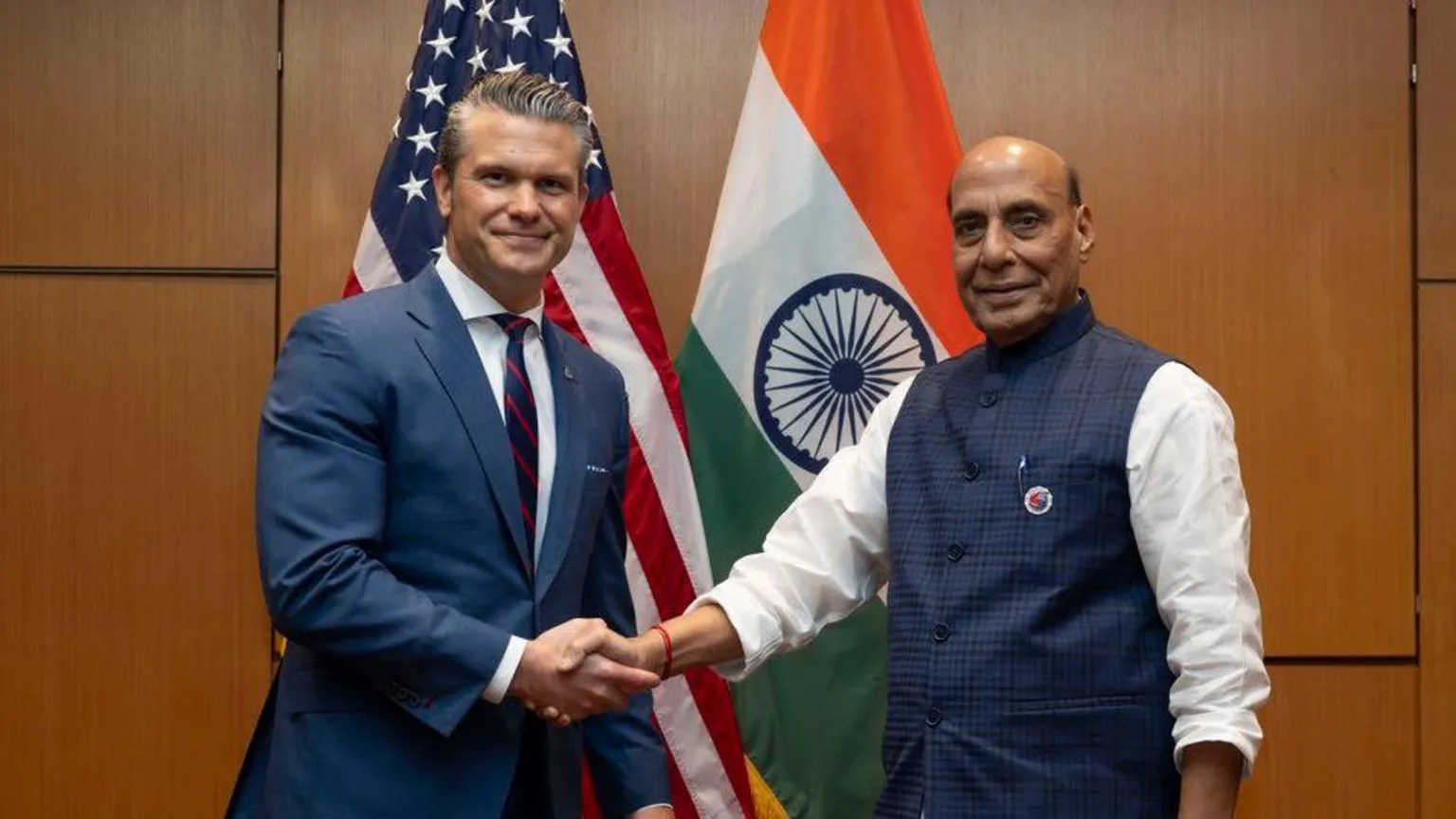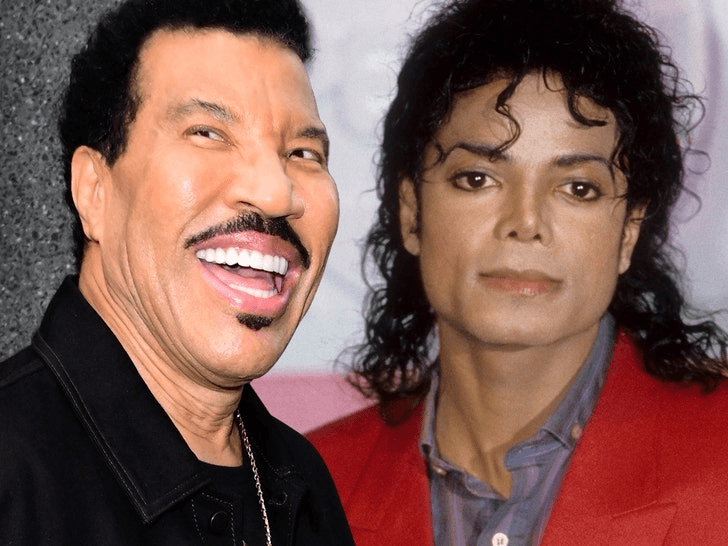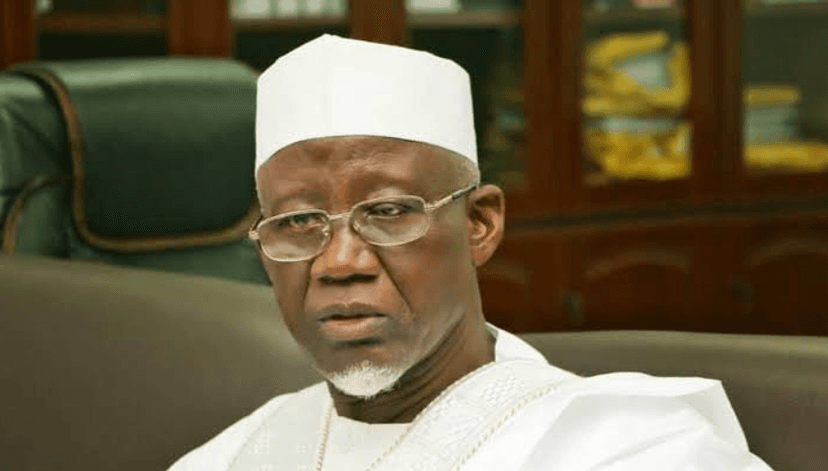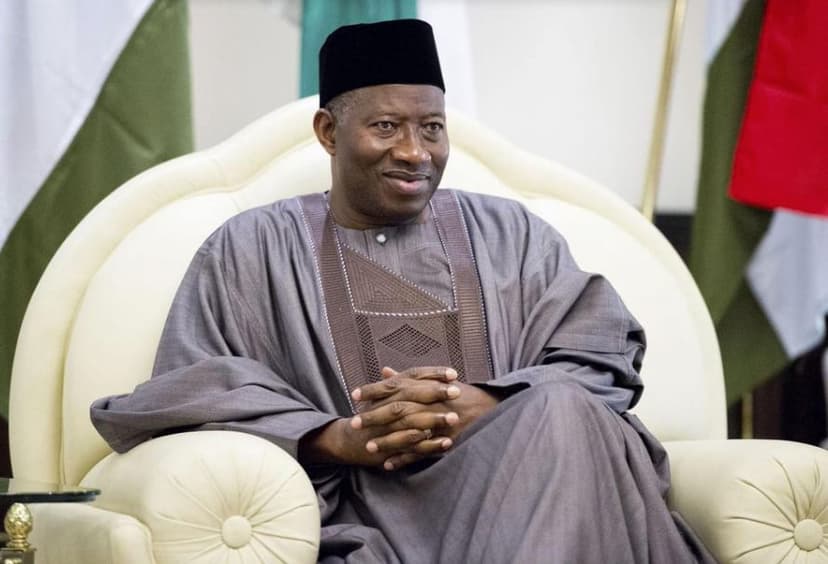
India and the US establish a ten-year defence agreement.
According to Hegseth, the agreement aims to boost "coordination, information sharing and tech cooperation," ultimately strengthening "regional stability and deterrence." This collaborative step comes as both nations are actively working to finalize a critical trade deal, navigating a period of strained relations due in part to US President Donald Trump's 50% tariffs on India, which notably included a 25% penalty related to India's purchases of Russian oil and arms.
The newly signed agreement is expected to provide comprehensive strategic guidance for the entire scope of the India-US defense relationship. Singh emphasized its significance, stating that it "is a signal of our growing strategic convergence and will herald a new decade of partnership." He further highlighted that "Defence will remain as a major pillar of our bilateral relations" and underscored its importance for ensuring "a free, open and rules-based Indo-Pacific region."
Pramit Pal Chaudhuri of the Eurasia Group think tank noted that while the agreement was initially slated for conclusion in July-August of this year, it experienced a delay. This delay reportedly stemmed from India's displeasure over Trump's comments regarding his role in de-escalating the conflict with Pakistan.
This latest agreement builds upon a series of prior accords between the two nations, which, as Chaudhuri points out, have already "made it easier for the two militaries to achieve interoperability, India to access technology and the two defence sectors to work together." He believes the new pact "provides for further potential in all three areas."
Recently, India and the US have been progressively strengthening their defense ties. Defence was a central topic during Indian Prime Minister Narendra Modi's visit to the US in February, where President Trump indicated that the US would increase military equipment sales to India by billions of dollars, potentially leading to the acquisition of F-35 stealth warplanes for Delhi.
However, Delhi's continued reliance on discounted Russian oil and its enduring defense partnership with Moscow have been a consistent source of frustration for the Trump administration. While Russia remains a significant arms supplier to India, its share of India's defense imports has been declining as Delhi works to diversify its portfolio and enhance its domestic defense production capabilities.
In recent months, India has signaled its openness to increasing energy and defense purchases from the US. Both countries are currently engaged in high-stakes trade negotiations, aiming to finalize a long-anticipated deal by November.


